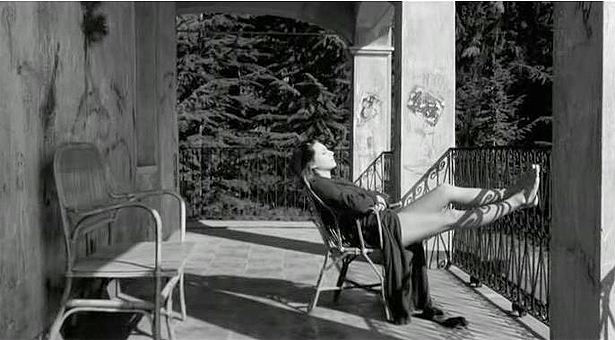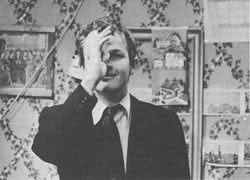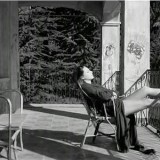Marco Bellocchio, Italy’s second generation of film directors after WW2, highly influenced by the British cinema, provides in his film debut a counter and radical approach to the bourgeois family values, religion and the Neo-realism movement.

Charged with the director’s autobiographical elements, over the edge acting style and Ennio Morricone’s circular vocal treatments – the film tells the story of a dysfunctional family in a provincial house (director’s grandmother’s house in real-life).
Alessandro, played remarkably by Lou Castel provides the plot central point from which, using his twisted mind tricks and schemes the personalities of his other family members are revealed.

In various scenes Alessandro waves his palm across his face as if to signal some kind of internal order he religously follows. For the sake of this “order” he plots against his family members and executes his plans with minimal effort nudging victims only with his index finger. In such broad strokes Bellocchio conveys his indictment of Italian bourgeois life.
I especially liked the scene when Giulia (Paola Pitagora) who plays the sister, lies idly on her bed staring at the ceiling, then flipping boringly pages in a photo album of relatives’ portraits on her right nightstand, catches a glimpse of a book on her left nightstand and then positioning it vertically, starts reading, while puffing a cigarette that had already been positioned at the edge of the table. This aimless wandering in personal spaces that captures fleeting gratifications only to go back to a constant emptiness – is apparent throughout the film.
Looking at the film as a whole, the film weaves an ambience of tensed uneasiness stretched to the extreme that flanks the secluded life in the province (the pocket) against the boiling aspirations of its young inhabitants (the fists) to the possibilities of the world outside. In this respect, the film is indeed an internal representation of the transition in Italian society of those days.

